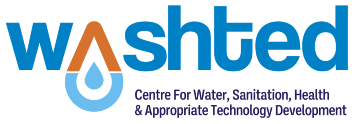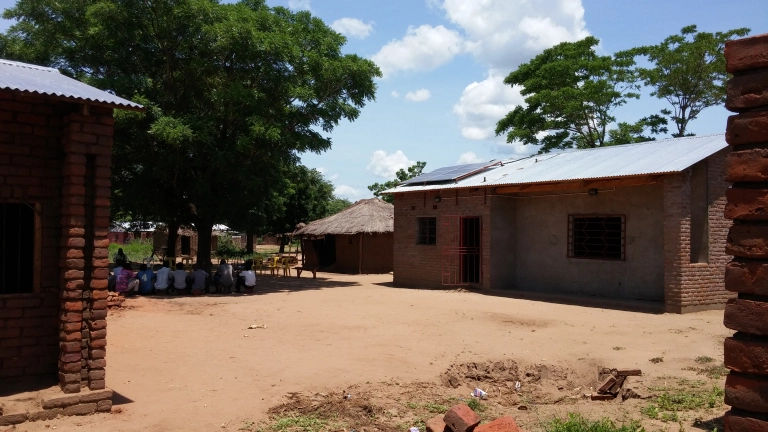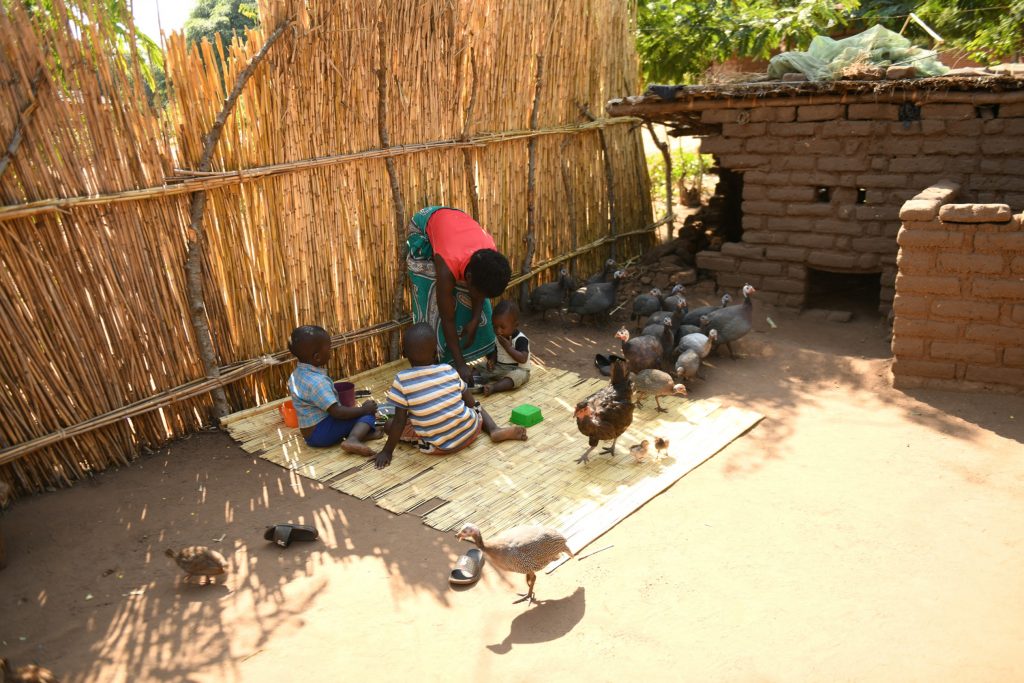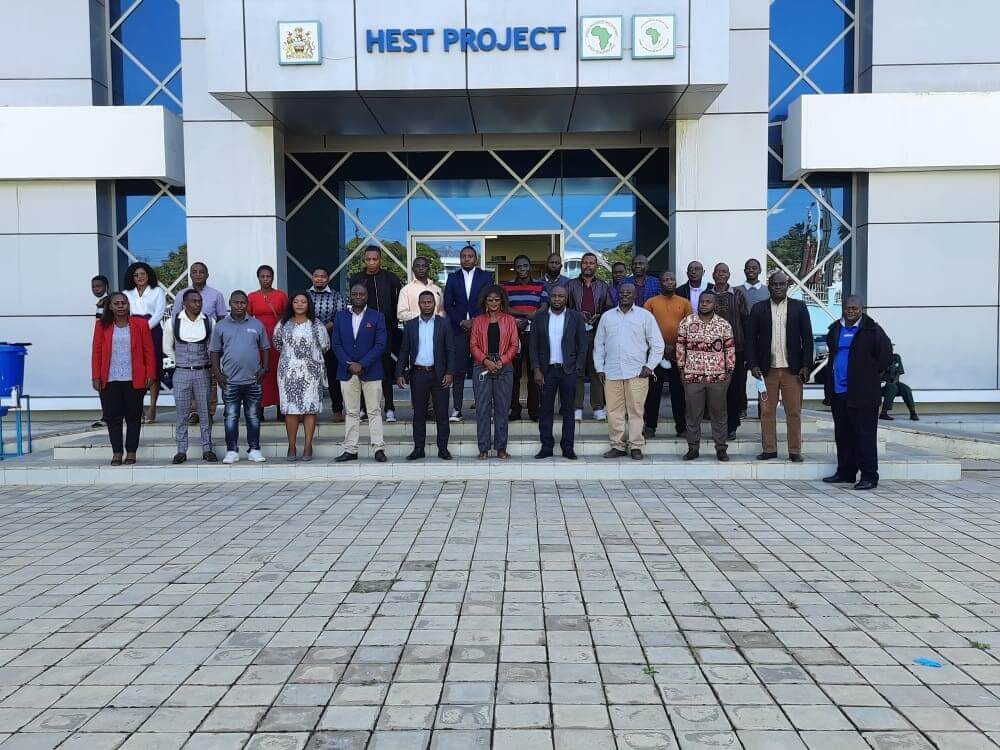Background
USAID Advancing Nutrition collaborated with Akule ndi Thanzi, a USAID Malawi-funded nutrition project and WASHTED at the Malawi University if Business and Applied Sciences (MUBAS) to conduct participatory, user-cantered research aimed at improving the quality of peer support groups in Malawi.
The partnership focused on Salima and Dowa districts, supporting the Malawi National Nutrition Policy 2018-2022 which identifies care groups as a core operational component of community nutrition programming. The partnership aimed to strengthen the quality of these groups in Salima and Dowa districts through a participatory research and design process.
Peer support groups are a common community programme platform to support multiple development outcomes, including health and nutrition. As programmes and studies generate evidence on quality standards, learning from the group participants themselves is critical to ensuring high-quality design and implementation in local contexts.
The Care Group Model
Care groups is a widely used model that has been implemented in more than 40 countries (https://caregroupinfo.fh.org/). A care group consists of 10–15 volunteer, community-based health educators who regularly meet with programme staff for training and supervision. Each volunteer is responsible for regularly visiting 10–15 of her neighbours, sharing what she has learned and facilitating behaviour change at the household level (Perry et al 2014; Perry et al 2015; Davis and Moses 2022).
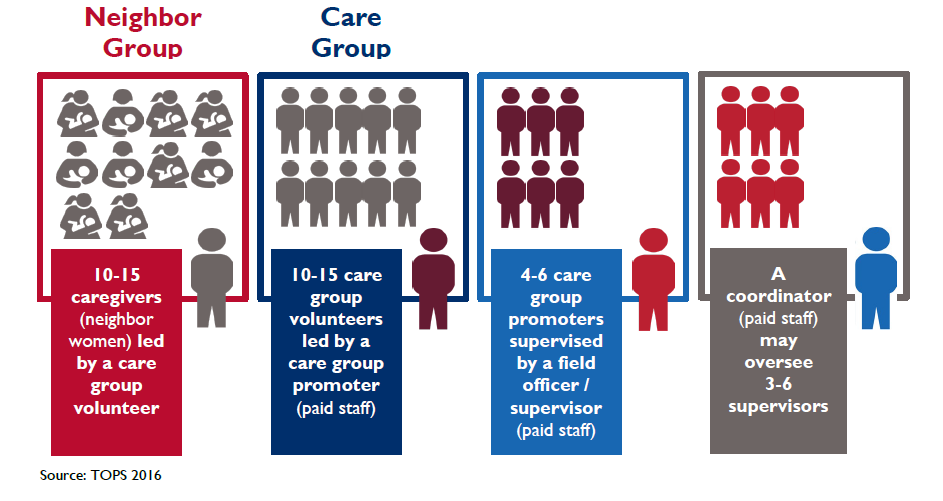
Research Objectives
This study facilitated a participatory process to design and test local solutions to improve the quality of peer groups with Akule ndi Thanzi.
The research questions were:
- What are the challenges to the quality of peer groups as defined by peer group leaders, members and other key stakeholders?
- What are feasible ways to improve the quality of peer groups as defined by peer group leaders and members (including, but not limited to, the care group model)?
Research Approach
In this research, a participatory approach was employed, drawing inspiration from the Living Labs model and human-centered design. The research approach was structured into three phases namely:
- Exploration
- Co-creation
- Evaluation

Learning from the Process:
- Soft skills are crucial; a simple job aid for facilitation skills integrates soft and technical skills for effective counselling.
- Care groups can serve as accountability mechanisms for each other, as demonstrated through the “look-and-learn” prototype.
- Engaging community leaders in co-development enhances community ownership and support for care groups.
Funding
Collaborators
Outcomes
